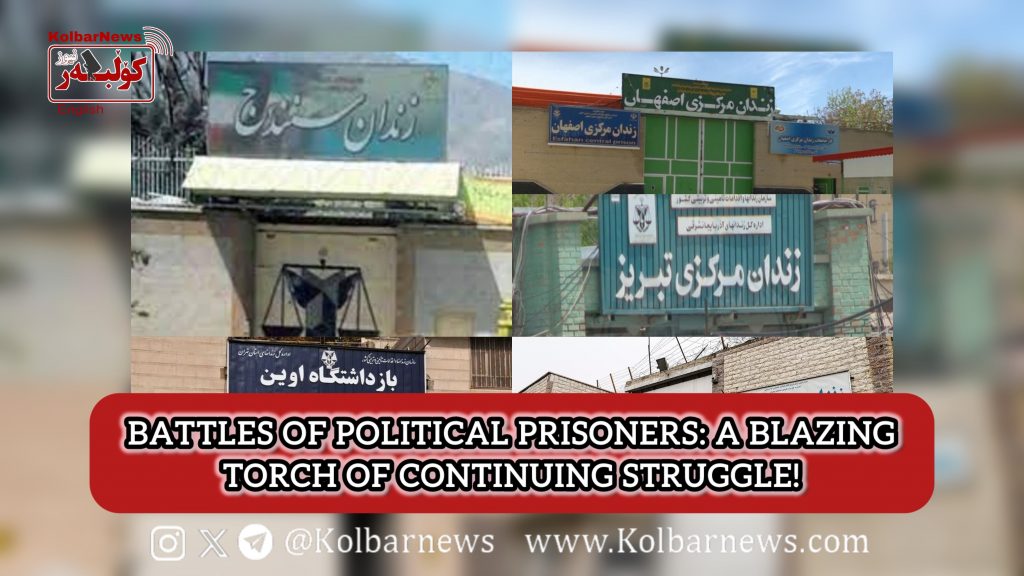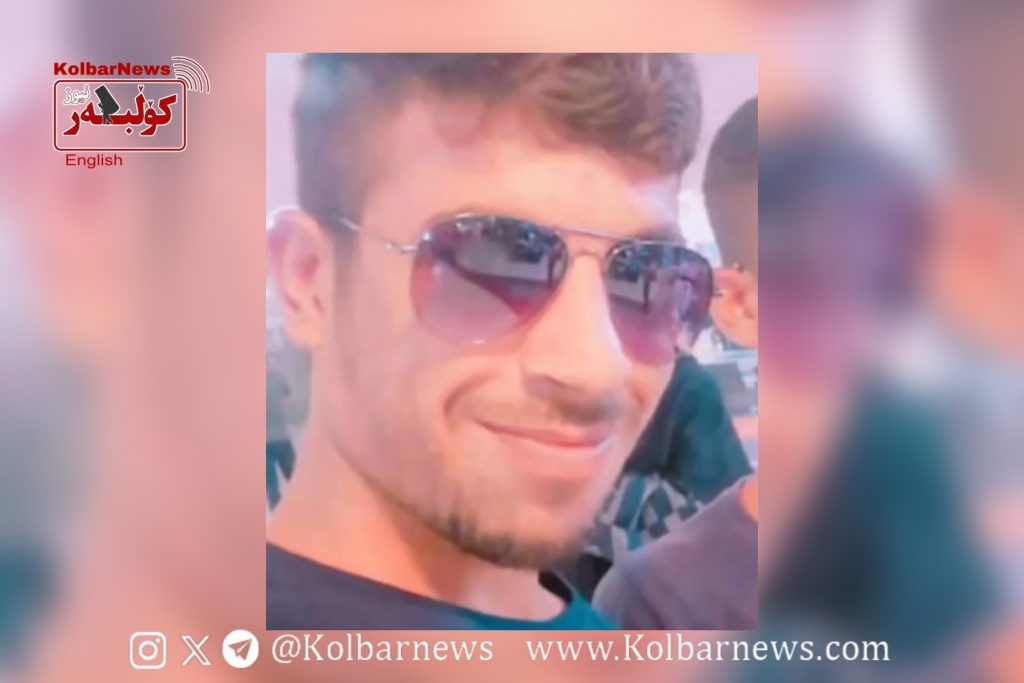
According to the news site Peyam, the protest strike of prisoners in the country’s prisons, known as the “No to Executions Tuesdays” campaign, continued on Tuesday, August 20, 2024, entering its 30th week with the participation of prisoners across the country. This campaign, which now involves hundreds of prisoners in 18 prisons nationwide, has aimed from the beginning to oppose the very concept of execution, independent of the charges, motives, or beliefs of those sentenced to death, and to demand the abolition of this inhumane punishment. The continuation and expansion of the “No to Executions Tuesdays” campaign comes at a time when the regime’s judicial and security officials have executed more than 310 people since the beginning of 2024. In recent weeks alone, the regime has accelerated its execution machine, hanging 118 people just in the month of August.
The Islamic Republic regime stabilized its rule through mass executions of revolutionaries, fighters, and dissidents, and now it ties its survival to them. This is why the struggle against executions and for their abolition has turned these political prisoners into the vanguard of the freedom-seeking struggles. One of the most impactful struggles of the political prisoners is their protest against the execution of political prisoner Reza Rasaei, one of the revolutionaries of the Jinah Revolutionary Movement. The executioners hanged him at dawn on Tuesday, August 6, 2024, and that afternoon, the women political prisoners in the women’s ward of Evin Prison protested his execution with slogans like “Death to the Dictator” and “Death to the Executioner Government.” The head of the prison guards ordered an attack on the brave protesters. Although many were injured in the heavy assault by the mercenaries and were denied visits, contact with their families, and even showers, their fighting spirit was a sign of their victory. On August 6, 2024, male prisoners in Lakan Prison, Rasht, joined the “No to Executions Tuesdays” campaign while condemning Reza Rasaei’s execution. The women political prisoners in this detention center had joined the campaign a week earlier.
In recent days, reports of clashes in the women’s ward of Vakilabad Prison in Mashhad with the prison guards have also surfaced. The family of one of the prisoners reported that the first protest occurred simultaneously with the intense heat in Mashhad, and the second protest took place on Saturday, August 3. The women prisoners broke “windows, fluorescent lights, and cameras” in protest of the unbearable heat in the wards and kitchens. The prisoners also protested the “disgusting food,” the dirty kitchen, the lack of refrigerators and washing machines, the presence of harmful creatures like bedbugs, cockroaches, and mice, the lack of heating devices during cold weather, the lack of air conditioning during hot weather, dirty blankets, and the severe overcrowding in the wards.
At the same time as these resistances and struggles, news of the continued resistance of Zeinab Jalalian, the only female political prisoner sentenced to life imprisonment, against the Intelligence Ministry officers, has been circulated. On August 4, it was reported that she developed severe pain in her right side, and the prison guards, under the orders of the Intelligence Ministry, have denied her access to medical services. The intelligence officers hold a text of a repentance letter above Zeinab’s head, insisting she sign it to be released. Zeinab, who has spent 17 years in prison without any furlough and has contracted various illnesses during this time, has told the mercenaries that she will only leave prison when the leaders of the Islamic Republic find no place to hide.
During this period, several letters and messages were disseminated, calling for greater resistance against the repressive actions of the criminals in prison, condemning executions, and denouncing the election charade. These messages were from Maryam Yahyavi, Pakhshan Azizi, Varishe Moradi, Sepideh Rashno, Sepideh Gholian, Narges Mohammadi, and Golrokh Ebrahimi Iraee. In her message, Maryam wrote after the special forces’ attack on the women political prisoners in Evin on August 6: “They do not know that on the night the moon had passed its halfway point, hand in hand, under the shadows of the hills of Evin, which have witnessed the execution and firing squads of the best of this land for years, we have vowed and sworn to resist and stand firm until the death penalty is abolished.” Pakhshan, after revealing the inhumane tortures she endured, emphasized that her will is unbreakable because: “If you attempt to destroy a woman’s will, a human being with dignity, there will no longer be a place for free life, and this would mean a decline from human, moral, and political standards.” Varishe, while condemning the death sentences and the issuance of the death penalty for Sharifeh Mohammadi and Pakhshan Azizi, wrote: “The unjust death sentences of women activists (Sharifeh Mohammadi and Pakhshan Azizi) in less than a month is the Islamic Republic’s admission of its political failure and helplessness.”
She continued, “ISIS beheads, and the Islamic Republic hangs.”
Sepideh Rashno praised truthful narratives, writing: “In totalitarian regimes like the Islamic Republic, the literature of struggle is sometimes ‘a simple narrative.’ In such regimes, where media, press, and books are always censored to present a distorted picture as the truth, narratives play an important role in today’s struggle.” Sepideh Gholian, Narges Mohammadi, and Golrokh Iraee bravely called on the people during the days of the election show not to participate in that charade, which was organized to strengthen the despotic government.
The brilliant struggles and protests in the prisons of the Islamic Republic, some of which were mentioned, continue the previous struggles and protests of male and female political prisoners. These struggles are inspired by and influence the defiant struggles of workers, retirees, and other freedom-seekers in society. This is why the demand “Political prisoners must be freed” has become a popular aspiration and is raised in every mass struggle.

